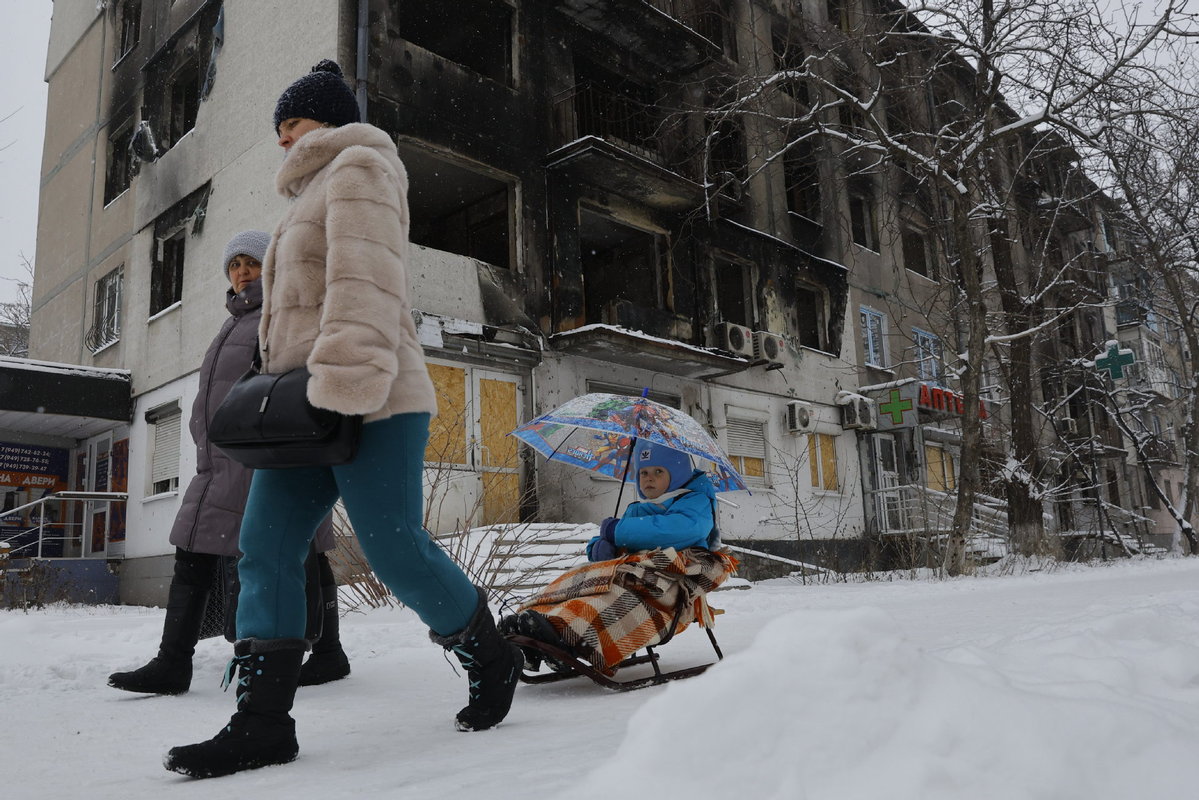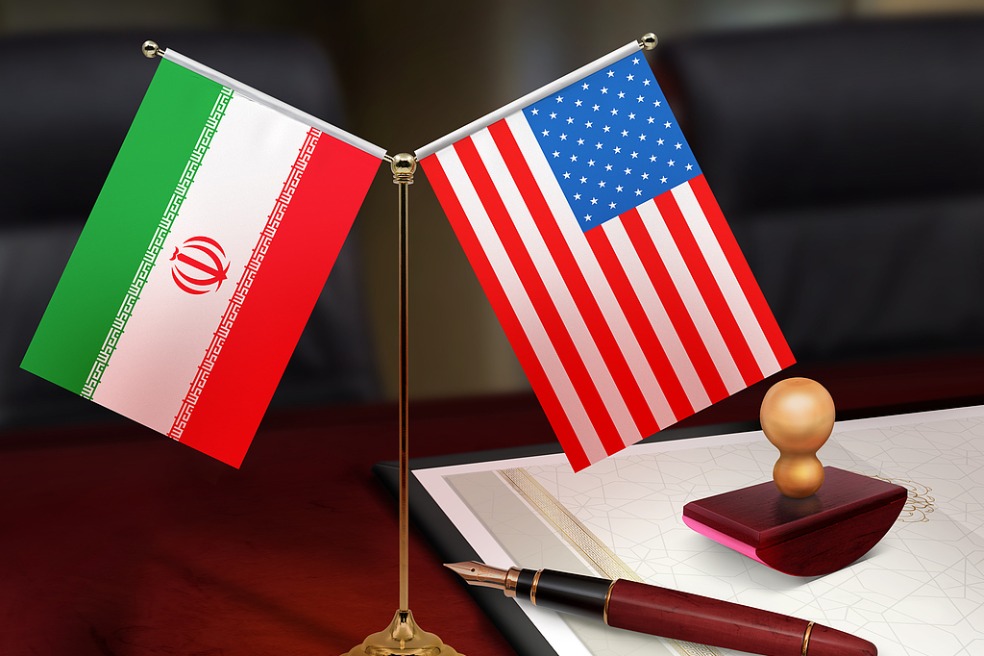Nation's road map for peace should be embraced


China's 12-point peace proposal for ending the Russia-Ukraine conflict is a strategic road map to achieve a sustainable cease-fire and a complete blueprint for a mutually acceptable political settlement — apart from proving that China is a responsible major country.
The points unveiled on Friday are indeed a "holistic" and comprehensive peace plan covering all aspects of genuine conflict resolution and crisis and disaster management, with concrete postwar reconstruction plans. They are interactive, inclusive and cooperative and are coordinated in scope, utility and implementation.
Immediate acceptance of a mutual truce and gradual but true implementation of the 12 points would cool down the ongoing conflict, which has badly damaged regional economies, communities, societies and systems alike, and would bring regional security, peace, prosperity, connectivity and socioeconomic integration.
China is providing a "win-win "situation for both parties to the conflict, emphasizing the urgent need to care about the vested interests of both countries pertaining to national sovereignty, which is commendable and negates false Western propaganda about the so-called "preferential" treatment of China toward Russia.
In this connection, right from the beginning of this conflict, the Chinese leadership, Foreign Ministry and policymakers have been trying their best to give diplomacy and dialogue a chance to avoid human suffering and collateral damage.
Senior Chinese diplomat Wang Yi, while addressing the recently concluded Munich Security Conference, emphasized that human society must not repeat the old path of antagonism, division and confrontation, and must not fall into the trap of a zero-sum game, war and conflict. Wang offered assurance that China will continue to stay firmly on the side of peace and dialogue regarding the Ukraine crisis.
As constant NATO expansion is a root of the conflict, China rightly proposes to negate the "Cold War mentality" and "say no" to formation of blocs for certain socioeconomic, geopolitical and geostrategic goals.
China suggests initiating confidence-building measures among all the main regional and international stakeholders in terms of diplomacy, dialogue and development activities. Its end goal is meaningful peace talks between Russia and Ukraine, and it strategically advocates shunning the unilateral imposition of sanctions and supports unconditional peace and stability in the region and around the globe.
Rejection of the use of nuclear arms, concern about the safety of nuclear power plants, and reduction of strategic risks definitely showcase the Chinese wisdom that must be appreciated by all stakeholders.
Moreover, the 12-point plan has genuine human considerations for gearing up resolution of the humanitarian crisis and protection of civilians and prisoners of war, which clearly demonstrates Chinese human values centered on people's well-being and life throughout its thousands of years of history.
The plan has futuristic dimensions, too, regarding postwar reconstruction and humanitarian assistance to all parties, exhibiting the holistic approaches of Chinese leadership toward peace and development, security and productivity.
As the Russia-Ukraine conflict, which has produced havoc and upheavals and has upset trends around the globe, enters its second year, the world finds itself lucky to embrace the wise leadership of China with a comprehensive peace plan to achieve a truce, de-escalation and an eventual solution to the conflict.
In ceasing hostilities, resuming peace talks, stopping unilateral sanctions and abandoning the Cold War mentality, major stakeholders will find out that there will be no losers in following China-initiated political, economic, social, contractual, financial and human solutions.
The principal position of China as a peacemaker and negotiation facilitator shows its sincerity regarding global governance and promotion of common security systems where the concerns of each and every nation are addressed.
Establishment of humanitarian corridors should be the foremost priority for both parties in the conflict. Providing the basic necessities of life for people, resumption of international cooperation in energy, finance, food trade and transportation and protection of prisoners of war should be worked out.
Additionally, the international community should promote peace talks and extend help to overcome psychological barriers, political differences, widening socioeconomic gaps, geopolitical divergences and, last but not least, geostrategic compulsions, for lasting peace.
It is hoped that the mitigation of the spillover effects of the Russia-Ukraine conflict will be settled with wisdom, diplomacy, dialogue and development.
The leaders of United States-led NATO should be aware that people all over the world, including from their own lands, desire durable peace and stability, not more weapons and fueling of conflict, and that China's open, transparent, doable, productive and helpful endeavors to resolve security flashpoint are winning people's hearts.
The author is a political analyst and executive director of the Center for South Asia& International Studies in Islamabad, Pakistan.































